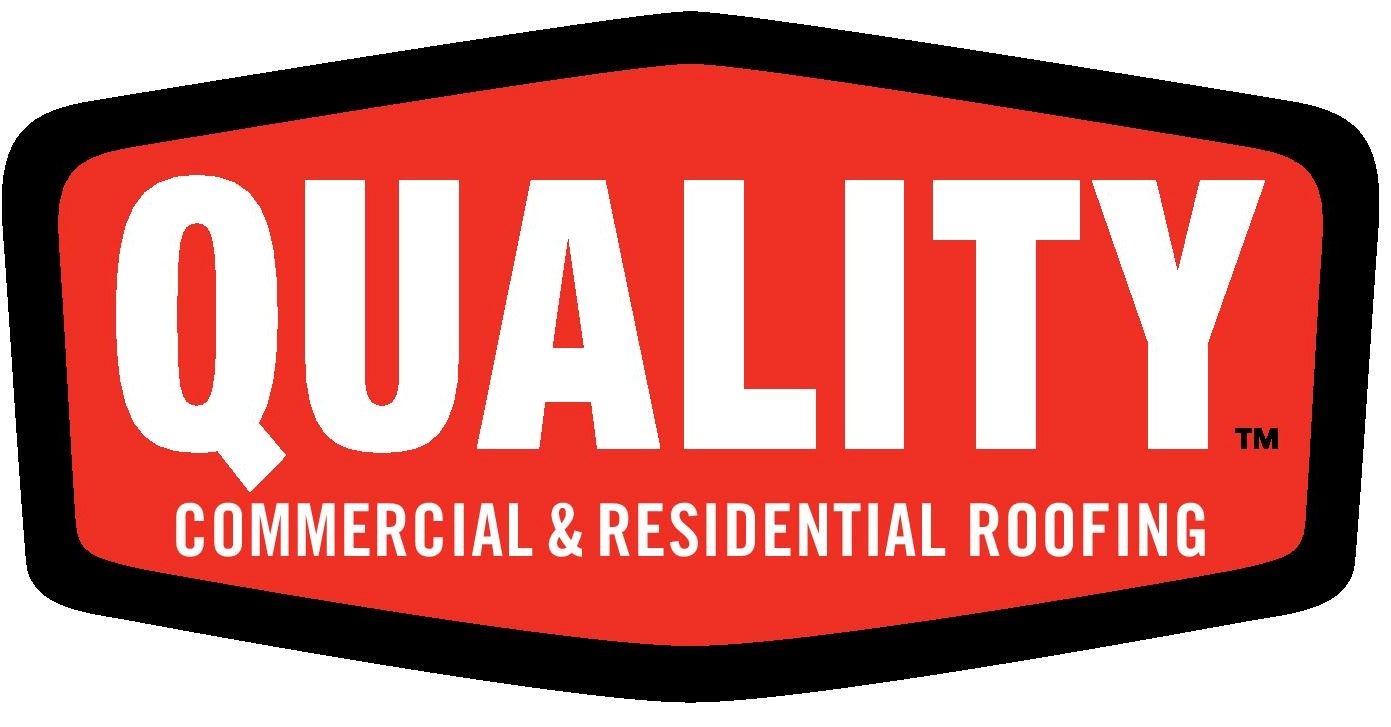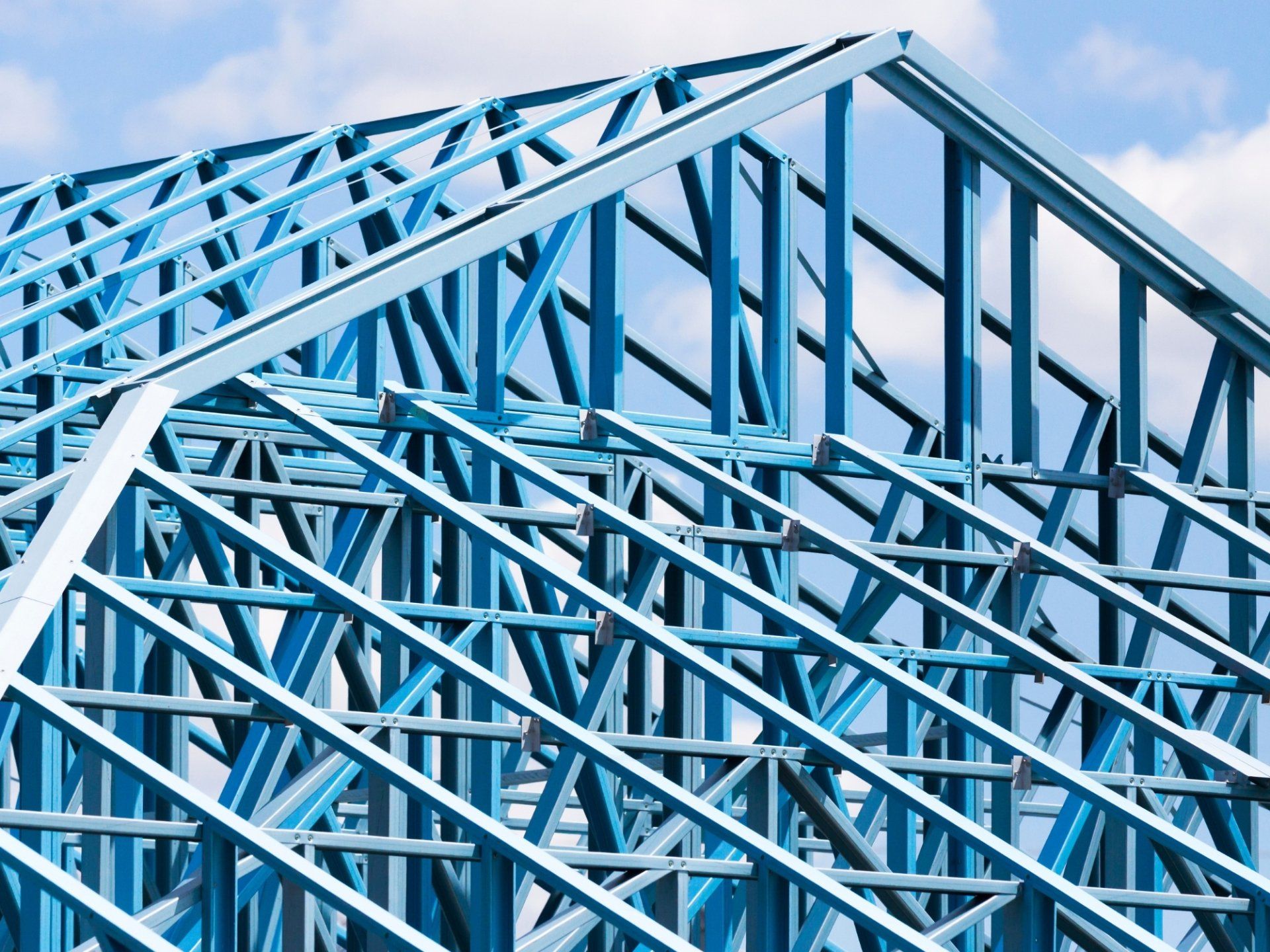Commercial Roofing
COMMERCIAL ROOFING COMPANY IN DFW
We specialize in all areas of commercial and industrial roofing products, as well as sheet metal.
For over 20 years, Quality Construction has served North Texas and Oklahoma's commercial, industrial, and multi-family housing community on roof repairs, restoration and replacement. Quality Construction offers quality crafted and reliable commercial roofing systems. When it comes to roofing for commercial properties, trust in the company that has been specializing in the field for over 20 years.
We've got over 20 years of expertise in diagnosing, repairing, and maintaining roofs. Get started on your roofing replacement or repair now by contacting us!
Commercial Roofing Products
The roof of your home is a barrier against all elements, which helps keep your house safe, secure, and dry. Determining when to call a professional roofer for inspection becomes straightforward if you consider the nature of the damage caused by severe weather factors such as high winds, storms, rains, and even intense heat.
Whether you're wondering how to replace your roof or whether it's time for a roof replacement, it's always better to call the professionals at Quality Construction if you see the following:
EPDM Roofing
EPDM rubber is a very long-lasting synthetic rubber roofing membrane (ethylene propylene diene terpolymer) that is commonly utilized in low-slope buildings across the United States and elsewhere. Ethylene and propylene - the two primary ingredients - are derived from oil and natural gas.
EPDM is a tough, flexible, and weather-resistant rubber that comes in black or white and has widths ranging from 7.5 feet to 50 feet and thicknesses of 45 and 60 mils. The roofing system's seams are typically filled with liquid adhesives and appropriately formulated tape to seal them. EPDM might be installed either fully bonded, mastic-sealed, or ballasted.
TPO Roofing
Thermoplastic Polyolefin is a fast-growing commercial roofing system that is made of thermoplastic polyolefin. TPO roofing systems are made up of a single layer of polymers and reinforcing scrim that may be used to cover flat roofs. The membranes that make up most TPO are 10, 12, or 20 feet wide. These sheets are brought to the commercial site in rolls.
TPO has become a standard in the window film industry with its natural reflecting surface that reflects UV radiation. According to the National Roofing Contractors Association (NRCA), TPO accounts for around 40% of the commercial roofing marketplace.
Modified Bitumen Roofing
Modified Bitumen (MB) roofing is an asphalt-based roofing system for buildings with low-slope or "flat" roofs.
Modified Bitumen Roofing Systems are made to endure harsh weather conditions. It's one of the most popular flat roofing systems on the market today, with five layers of protection.
The five-layer system of the Modified Bitumen Roofing Systems comprises of:
- Insulation
- Modified Base Sheets or Piles
- Modified Bitumen Membranes
- Adhesive
- Surfacing
Metal Roofing
Steel or aluminum are the most popular commercial metal roofing materials. Galvalume steel, which is galvanized or coated after being manufactured, is used to make many steel panels.
A rustic appearance is given to some steel panels by leaving them uncoated.
The three other types of metals utilized in metal roofs are copper, aluminum, and zinc.
AES Epoxy Roof Coating
AES Epoxy Roof Coating is a flexible two-part epoxy designed to protect a variety of surfaces including rubber, concrete, foam, plywood, metal and petroleum-based surfaces. It is especially suited to applications where surface movement may defeat the protection of a rigid coating.
AES Epoxy Roof Coating is excellent for waterproofing EPDM, TPO, PVC, built-up, single ply, polyurethane foam, concrete, and metal roofs. The flexibility retained by AES Epoxy Roof Coating allows for surface movement caused by thermal shock to most structures.
AES Epoxy Roof Coating can be applied to EPDM, TPO, PVC, built-up, single ply, polyurethane foam, concrete, and metal roofs.
LET'S START YOUR PROJECT
1.
Call Us
Ready to start your project? Pick up the phone and give us a ring. Our expert technicians and customer care reps are ready to help make your next project a reality. With our 20+ years of construction experience, you can be sure we have the expertise to make it happen.
2.
Consultation
One of our team members meet you at the job site for your scheduled appointment. We are here to listen to the needs of your project. We'll also help you explore the most important aspects of the project and make suggestions to improve upon your vision.
3.
Estimate
After our initial consultation, your Quality Representative will take the time to build your estimate with your budget in mind. Each line item is double-checked to ensure you're receiving the most up-to-date rates on material and labor.

